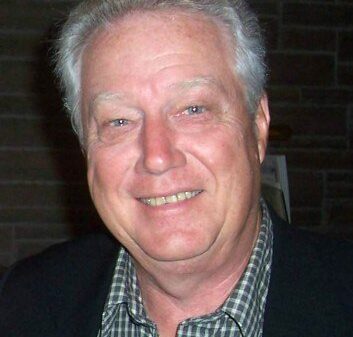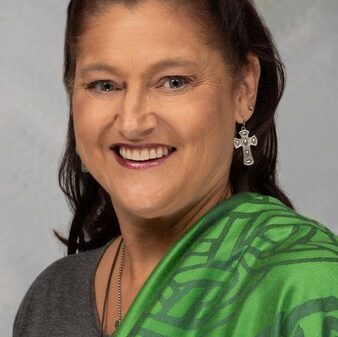Approximately ten percent of couples face challenges with infertility, prompting some to explore less conventional treatments. One such option gaining attention is restorative reproductive medicine (RRM), an approach that focuses on identifying and treating the root causes of infertility rather than relying solely on in vitro fertilization (IVF). This method offers hope, especially for couples who wish to avoid the complexities and ethical concerns associated with traditional IVF.
Karen and Anthony Monetti, married for nine years, felt a strong calling to become parents. “Put it in God’s hands,” Anthony shared with CBN News, resonating with Karen’s sentiment, “And we got pregnant pretty fast.” Unfortunately, their journey took a heartbreaking turn as they experienced four miscarriages. “Nothing has hurt, and I’ve never grieved so much as the infertility journey,” Karen reflected, yet she emphasized that hope remains.
Despite recommendations for IVF from their healthcare providers, the Monettis chose a different path. “My hematologist said, ‘I really want you to go through IVF. You’re older; you don’t want to run the risk of any genetic defects,'” Karen recalled. However, the couple was resolute: “We’re not doing it. This is all in God’s hands. He will take care of us.” Their decision stemmed from concerns about the ethical implications of creating embryos that might remain unused.
Exploring Alternatives
The Monettis discovered restorative reproductive medicine, an alternative that aligns with their values. RRM practitioners take a holistic approach to infertility, prioritizing the identification of underlying health issues. They visited the MorningStar Family Health Center, where Dr. Edward Fleming and Dr. Jean Golden-Tevald guide couples through comprehensive evaluations.
Dr. Golden-Tevald noted, “In 20 years of doing this, I have never had a woman we evaluated where we said, ‘We can’t find anything wrong.’ There’s always something.” The examination process includes thorough assessments of the woman’s ovulation cycle and hormonal balance, along with evaluations for male partners. Dr. Fleming emphasized the importance of assessing male factors, such as low testosterone, which can impact both male function and sperm quality.
In the Monettis’ case, Karen faced significant blood clotting issues and hormonal imbalances. “It’s almost always never just one thing,” Dr. Golden-Tevald explained. “There’s usually multiple factors.”
A Journey to Parenthood
After beginning treatment with blood thinners and hormones, Karen’s health improved, leading to a successful pregnancy. “My pregnancy was a huge success,” she said, joyfully announcing the birth of their healthy daughter. “We finally have our baby, our miracle.”
The success rates of restorative reproductive medicine are reported to be comparable to or even better than those of IVF, with added benefits of being less costly and posing minimal risks. Dr. Fleming highlighted the financial aspect, stating, “There’s really no risk, and it’s really inexpensive too.”
Raising Awareness
The Monettis believe more couples should be informed about RRM. “I don’t think many people know it exists,” Karen said. She expressed concern that mainstream medical practices often default to IVF without discussing alternatives. Dr. Fleming pointed out a significant barrier: “Unfortunately, RRM is not very well known, and I think a big reason for that is because it’s not advertised as much.”
Legislative efforts are underway to enhance accessibility to RRM. Republican Senator James Lankford from Oklahoma recently sponsored the RESTORE Act, which aims to prioritize addressing infertility’s underlying causes. As Congress prepares to revisit this legislation, advocates like the Monettis rely on personal recommendations to spread the word about RRM.
“I recommend everybody I know who struggles with fertility,” Karen stated, emphasizing the positive impact of her experience. “God gave us Dr. Eddie and Dr. Jean; they are incredible, and we have our miracle baby now.”







































































